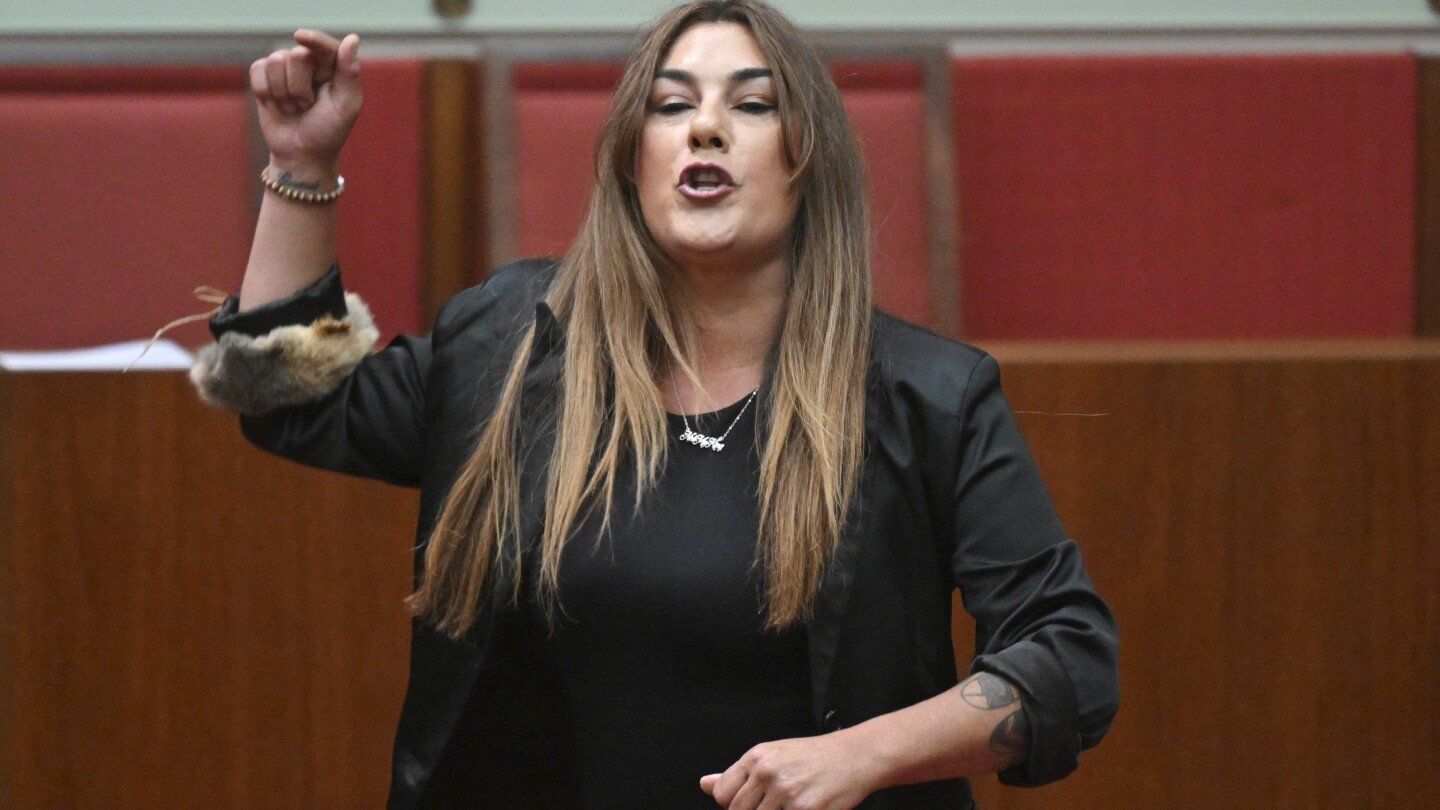Summary
Australian senators censured Senator Lidia Thorpe for her outburst against King Charles III during his visit, calling him a colonizer and demanding land and reparations. Thorpe defended her actions, stating she would repeat them if Charles returned.



The G-G dissolves parliament every time the Prime Minister (PM) advises them to do so. I think you don’t grok the situation here, constitutionally speaking.